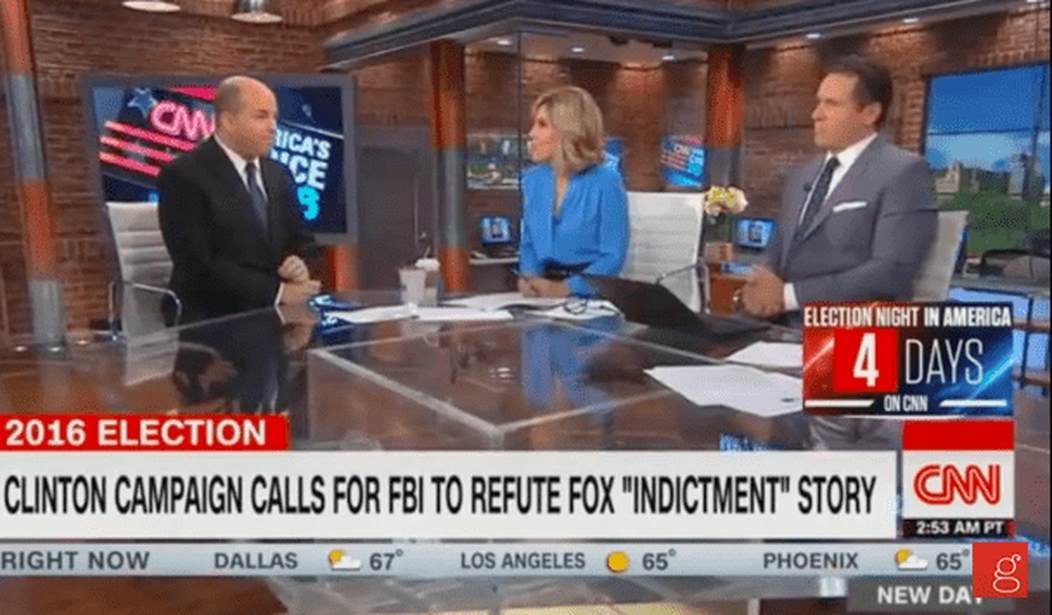Two items grabbed my attention last week, and are worthy of quick comment.
In the first, Pope Francis this week will publicly participate in the start of a yearlong commemoration of next year’s 500th anniversary of the event considered the beginning of the Protestant Reformation. It was on Oct. 31 of 1517 that the cleric named Martin Luther reportedly pinned to a church door in Germany his 95 theses challenging Catholic Church practices, beginning the great split of the western Christian church. Everyone remotely familiar with church history knows the basics of the story, and knows the bitter enmity that persisted for centuries because of the split – so bitter, indeed, that some Catholics, in a misunderstanding of church teaching, for centuries considered Luther the anti-Christ, or something close to it.
Yet now the pope is actually helping pay homage, of a sort, to the Reformation and even to Luther – after taking one opportunity last June to compliment Luther as “an intelligent man” who advocated at least some worthy reforms.
For close watchers of church affairs, this is not so surprising as it may seem to most of those less attuned to long, slow developments in theological understandings. Some 50 years ago various Christian denominations began ecumenical dialogues aimed at bridging the gaps between them. By 1983 the Catholic church and Lutheran church scholars reached a tentative accord on one of the key theological differences between them, namely the interplay of faith, grace, and good works. In 1998 they further ratified and formalized the new, joint understanding (while still, subtly, putting slightly different weights or emphases on certain phrases).
And now the pope celebrates at least certain aspects of the Reformation as having helped usher in at least some necessary, yes, reforms.
This is not the place for a deep dive into all this theology; it is, rather, to remark on the attitudinal reconciliation of factions that for (literally) centuries had seemed irreconcilable. Even the deepest enmity can, with God’s help, fade.
Next page: Christ’s burial tomb is opened and it’s revealed that an unexpected donor helped to make it happen.
The second item involves a story about scientists removing a marble covering in order, for the first time in centuries, to analyze the original stone surface of what tradition holds is the burial tomb of Christ, now located inside Jerusalem’s Church of the Holy Sepulchre. The story itself is interesting (follow the link) – but what struck me is one little factoid buried toward the end of the report. Here: “Major donors to the $4-million-plus project include a royal benefaction from Jordan’s King Abdullah II….”
On one hand, those who follow diplomatic affairs might not find this unusual: Jordan is, by Middle Eastern standards, a remarkably moderate regime, friendly to the Christian West and long at peace with its neighbor Israel.
On another level, though, this is remarkable. King Abdullah is the lone monarch who can claim to be direct-line descendant (43rd generation) of the Prophet Muhammad himself. And here he is donating significant money to an examination and restoration of the site considered Christ’s tomb! At a time when the near-East Muslim world is roiled by fundamentalist Islamist terrorism, in thrall to an ideology that considers as death-deserving traitors all Muslims who make peace with Christendom (or, worse from their standpoint, with Judaism), this gesture by Abdullah is both brave and large-minded.
The king here is emphasizing common humanity and the importance of the preservation of knowledge and history, rather than cowering from fear and barbarism.
If there is hope for reconciliation, it comes from gestures like this one.
Toward King Abdullah, perhaps we can hope to say as Jesus did to Zacchaeus in this week’s Gospel reading: “Today salvation has come to this house, because he too is a son of Abraham.”
If the pope can (partially) praise Martin Luther, and if a descendant of Muhammad can help preserve Christ’s tomb, then it reminds us that all of us, together, are children of a just and loving God.
Quin Hillyer is a veteran conservative columnist. He has an undergraduate degree in Theology from Georgetown University and has served for years in various forms of ecumenical lay leadership.









Join the conversation as a VIP Member